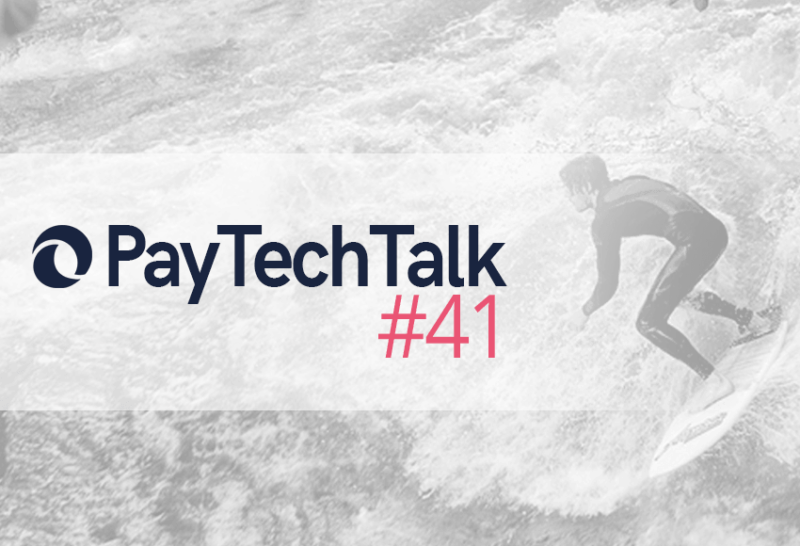Often when talking about money laundering, people immediately think of Al Capone. And that is quite accurate, because the term money laundering can be traced back to the actions of the infamous criminal from the 1920s and 1930s. Capone had accumulated so much so-called tainted money from his numerous crimes that he had to “wash” it with the help of a chain of launderettes. In the meantime, many states have taken up the fight against money laundering. In Germany, a separate legal act has even been in existence for many years to combat money laundering, the Anti-Money Laundering Act (Geldwäschegesetz – GwG).
The German Anti-Money Laundering Act
The Anti-Money Laundering Act (AMLA) – or more precisely, the “Act on the detection of profits from serious offences” – stipulates how financial transactions that can be used for money laundering and terrorist financing need to be monitored. As financial transactions of this kind predominantly take place with certain types of companies, the AMLA only applies to a set list of persons (the obligated persons). Depending on their individual risk situation, the obligated persons must organise their company in a particular way. In addition, obligated persons must adhere to certain due diligence obligations with regard to their customers. Suspicious incidents must be reported to a central body. Violations of the AMLA are punishable as an administrative offence and can carry high fines.
For the 41st episode of PayTechTalk, I talked to Christian about what exactly constitutes money laundering, what the Anti-Money Laundering Act (AMLA) is for, who is an obligated person under the AMLA – and what obligations these obligated persons actually have. For those of you who prefer listening to reading, enjoy listening in.
For everyone else, we have summarised the key content of the German AMLA in an infographic.
Further information and links:
- Press release of the European Commission / high-risk countries: “European Commission adopts new list of third countries with weak anti-money laundering and terrorist financing regimes”
- EBA: Guidelines on Risk Factors
- PayTechTalk 39 – Draft bill of the BMF regarding the implementation of AMLD5
- Blog entry: Draft bill regarding the implementation of the Fifth Anti-Money Laundering Directive – what is coming and what will remain the same?
- PayTechTalk 35 – About BaFin’s interpretation and application notes on the German Anti-Money Laundering Act
- Blog entry: BaFin’s Instructions for the Interpretation and Application of the German Anti-Money Laundering Act (IIA)
Cover picture: Copyright © PayTechLaw

 Please
Please 


